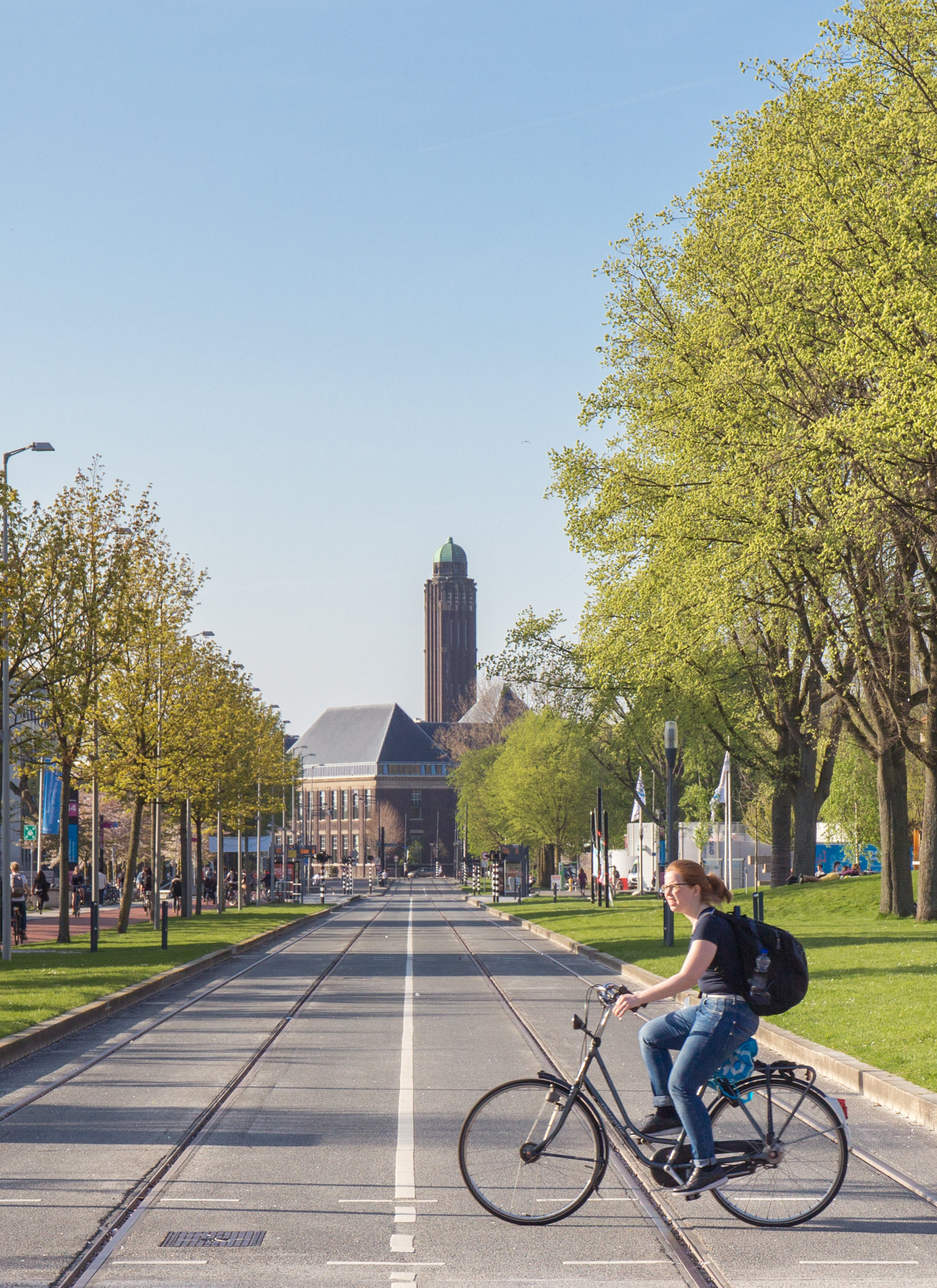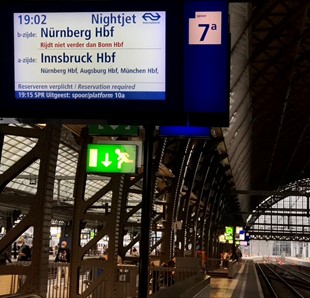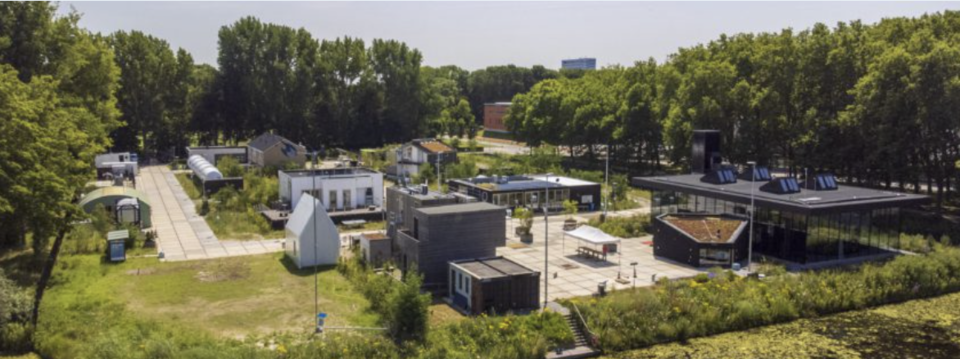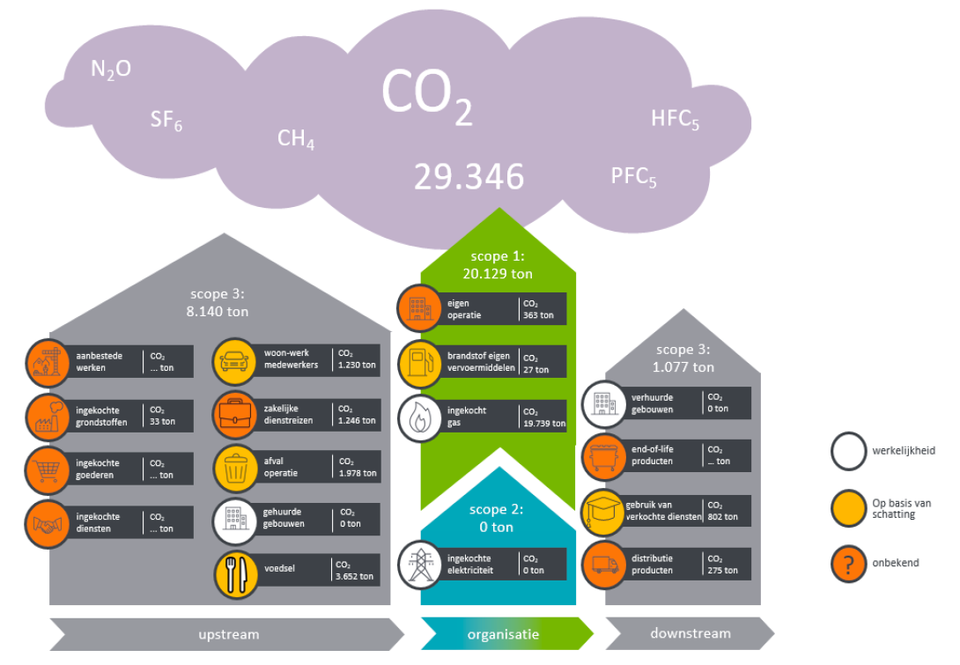After procurement, energy and food, mobility is the next greatest cause of carbon emissions at TU Delft, with commuter travel and business travel (flying) almost equal in shares. TU Delft wants to reduce the negative impact of travel to a minimum and compensate for remaining emissions.
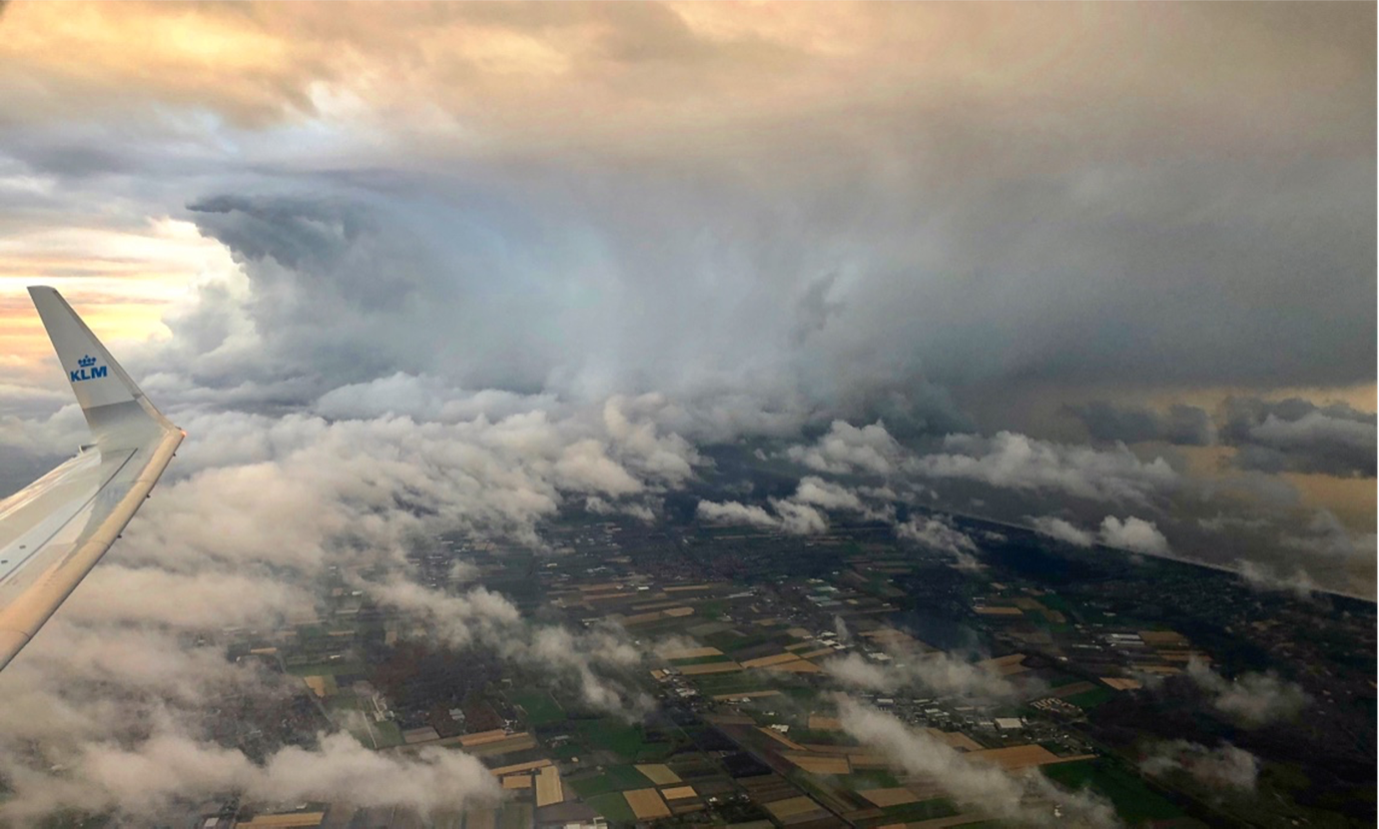
In general, there are 3 types of travel on a university: commuter travel of staff and students, business travel (national and international), and international student travel. The effects of all of these need to be diminished.
Commuter travel
Both students and staff travel to and from work or study. The share of cars, public transport and bicycles is known for employees: biking is most popular, followed by cars. The division of transport modes of students needs to be estimated, but most likely has an even greater dominance of bike and a share of public transport greater than cars.
Reducing the impact of commuter travel can be established by various arrangements and incentives, such as home-working facilities, promotion of (electric) bikes, and more charging points for electric vehicles.
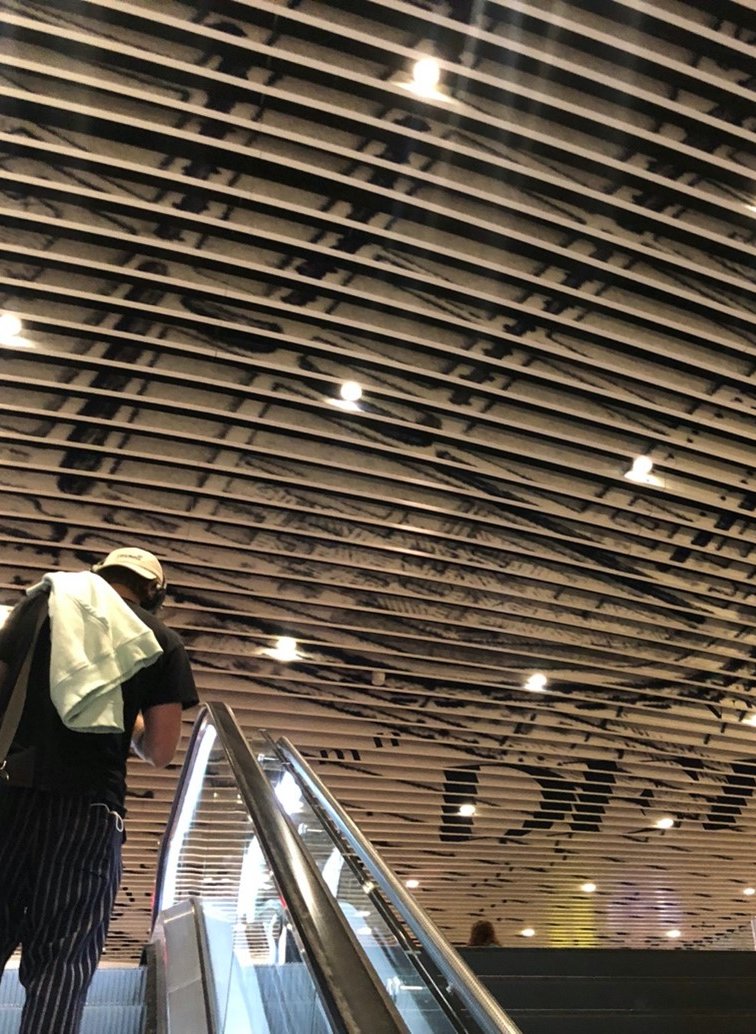
National business travel
Next to commuting, employees of TU Delft also travel for work to clients, projects, events, workshops, conferences, etc. In the year 2019, employees travelled more than 300,000 km was travelled by taxi and public transport, mostly to national destinations. It is the university’s policy to preferably use public transport for national travel, for which we are working on favourable arrangements.
International business travel
In 2018, employees flew the equivalent of a thousand times around the globe; this had reduced by 10% in 2019. It is likely that the actual distance travelled is higher because not all trips are booked via the travel agent. Due to corona air travel went down considerably in 2020. The new travel policy to reduce carbon emissions includes promotion of online rather than in-person meetings, using trains for relatively short distances in Europe (up to 8 hours of travel, or less than 700 km distance) and carbon compensation for long-haul flights.
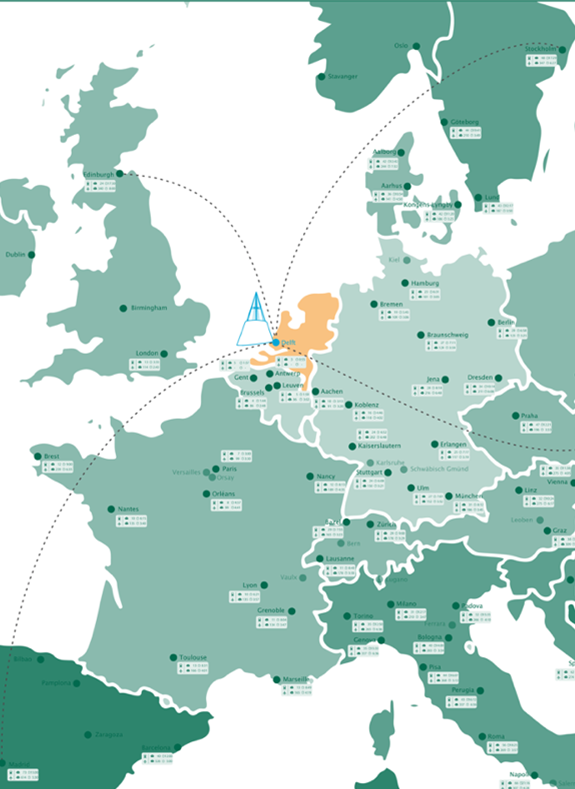
International student travel
Students also travel for excursions, site visits, holidays with a student association, or for an exchange. At present, there is no accurate inventory of these trips, due to the fact that these trips are not yet booked via the travel agent. The carbon impact of international student travel could therefore not be estimated yet, but the policy of administrating trips and getting support to travel in a sustainable way is going to be changed.

